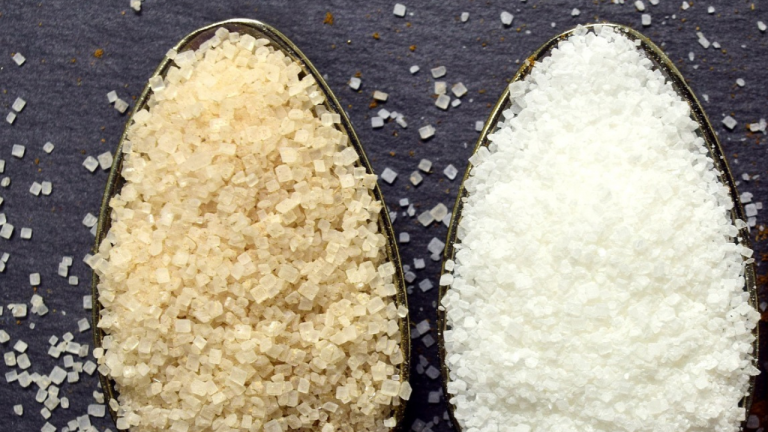Is Wheat Harmful for Human Body?

Wheat is generally not harmful to the human body, and in fact, it is a staple food in many cultures and provides important nutrients such as fiber, protein, B vitamins, and minerals like iron and zinc. However, some people may have an allergy or intolerance to wheat, which can cause adverse reactions.
Wheat allergy is an immune response to wheat proteins, and symptoms may include hives, itching, swelling, and difficulty breathing. In severe cases, it can cause anaphylaxis, a life-threatening reaction. People with a wheat allergy should avoid all wheat products.
In addition, some people may have a non-celiac gluten sensitivity, which means that they experience symptoms like bloating, abdominal pain, and diarrhea when they consume gluten-containing foods, including wheat. However, this is not an allergy or autoimmune disorder, and the mechanism behind it is not fully understood.
Finally, some people have celiac disease, which is an autoimmune disorder that causes damage to the small intestine when gluten is consumed. People with celiac disease must strictly avoid all gluten-containing foods, including wheat.
For the general population, wheat is a nutritious food that can be part of a healthy diet. However, people with wheat allergy, non-celiac gluten sensitivity, or celiac disease should avoid wheat and gluten-containing products to prevent adverse reactions and promote optimal health.



